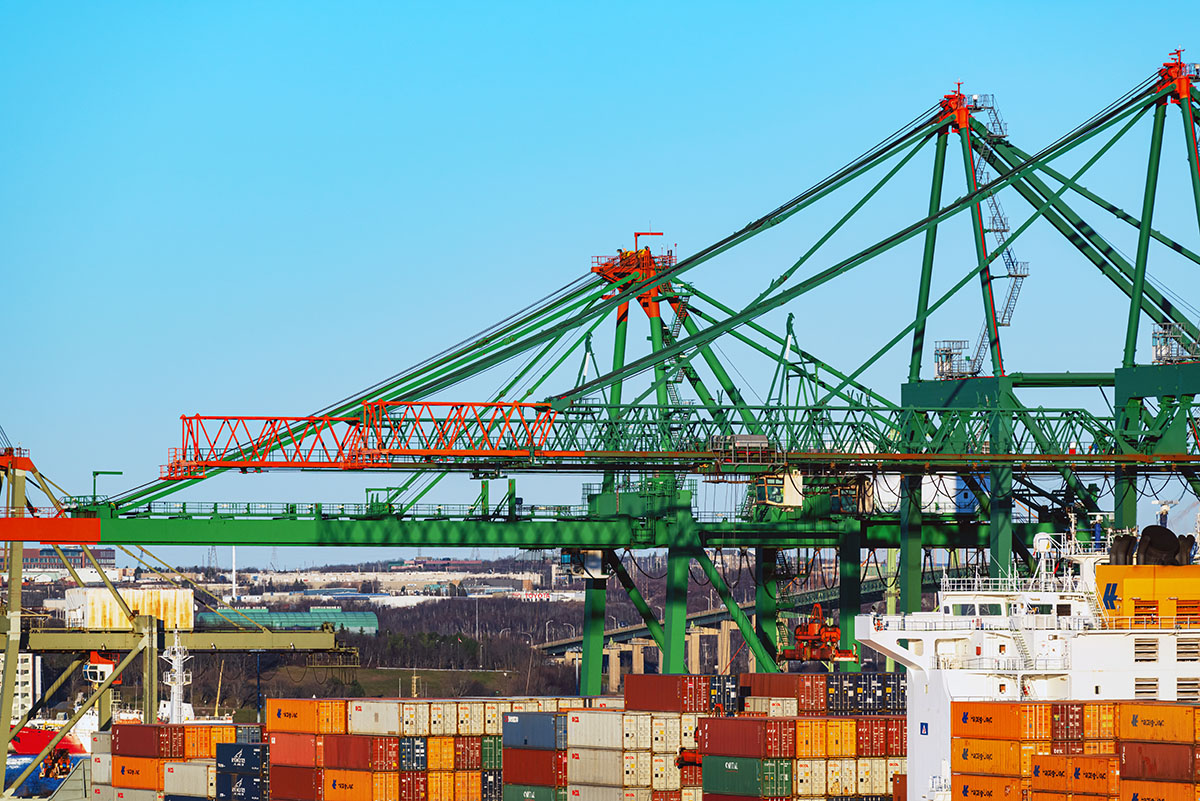Reexamining Delay and Price Mitigation in the Face of Tariffs

There has been a lot of talk about tariffs in the recent news cycle since the implementation of them by the current administration and with-it heightened anxiety on wallets. However, since the Covid pandemic, the construction industry has faced large-scale disruptions to the supply chain, delays in manufacturing and material shipments, price escalations, and impacts on the labor force. Amazingly, Texas, for the most part and with many exceptions, has met these challenges and projects across the state are continuing to get built to the satisfaction of most of the contracting parties. That is not to say that the contractual provisions that deal with these real-world obstacles are not being addressed with a fine-toothed comb.
Force Majeure
If a party in unable to perform due to, most typically, an “act of God,” a force majeure clause will excuse the party’s nonperformance. Since Covid, force majeure clauses have been expanded to include almost anything under the sun, including labor shortages and/or disputes, fire, unusual delays in deliveries, unavoidable casualties, disruptions in labor or materials resulting in a health crisis regardless of whether an infectious disease, epidemic, pandemic, or isolated to areas from which such labor or materials are supplied, by abnormal weather conditions, by other causes beyond a party’s control that justify delay, like governmental emergencies, such as state and federal shelter-in-place/safe-work regulations and state and federal state of emergency orders, by adverse governmental actions, including but not limited to tariffs and embargoes, and acts of God rendering performance impossible or impractical.
In Texas, the actual language of the clause will dictate what applies to excuse performance, which makes specificity important. Courts will use time-tested contract interpretation rules and may consider common law rules to fill in gaps when interpreting a force majeure clause. Where an event is not specifically listed in a contract’s force majeure clause it may fall under the general terms of the contract’s catch-all provision within a force majeure clause depending on how the clause is drafted. If the contract is unclear or does not include a specifically enumerated event, most courts will find that the party has contemplated and voluntarily assumed the risk. Trying to fit detailed force majeure events in catch-all provisions is unwise, as exculpatory provisions which are phrased in general terms have long been construed as excusing only unforeseen events which make performance impracticable.
Note, an excusable delay clause may also look very similar to a force majeure clause but usually be tied into a liquidated damages clause or something similar; however, excusable delay clauses may also include owner-caused delays. These types of clauses are already built into many public work statutes and federal law.
Price Escalation
Price escalation clauses adjust the contract price to take into account market conditions, reflecting impacts from taxes, operating costs, construction chain fluctuations and the like. The breadth of a price escalation clause and its usefulness will likely depend on the party with more bargaining power. Much of the effectiveness of a price escalation clause will depend on the triggering event and the back-up documentation to warrant price escalation, or not. The triggering event for a price escalation clause can vary. In some instances, the upstream party may have to pay for any increases in material costs as soon as the agreement is executed. One such clause will particularly call-out the materials subject to the clause and the cost of the materials at the time the contract was executed. Other clauses may only trigger when there is price increase from the time the bid is accepted/contract execution and the date of actual installation of the material or when the material is ordered or purchased. Still other triggering events may only occur if there is a material price increase of a certain percentage over the original baseline price.
In tandem with price escalation clauses, parties will often negotiate material substitutions to avoid large-scale price increases. Substitution provisions are a great way to avoid increased costs, as long as the substitution is signed-off by all parties, including the design team, and the substituted material’s performance criteria is equal to the substituted material.
Other Clauses
There is a plethora of other clauses in a construction contract that might mitigate risk for unforeseen events or economic upheaval, like tariffs, and these include: termination for convenience, work suspension, cost savings, and utilization of allowance and project contingency funds. Although any number of world-events might influence a project, there are many ways to combat the effects and successfully traverse their challenges.
The attorneys in our Austin and Dallas office are available to answer any questions you may have. Please contact us at info@gstexlaw.com.
Legal Disclaimers
This blog is made available by Gerstle Snelson, LLP for educational purposes and to provide general information about the law, only. Neither this document nor the information contained in it is intended to constitute legal advice on any specific matter or of a general nature. Use of the blog does not create an attorney-client relationship with Gerstle Snelson, LLP where one does not already exist with the firm. This blog should not be used a substitute for competent legal advice from a licensed attorney.
©Gerstle Snelson, LLP 2024. All rights reserved. Any unauthorized reprint or use of this material is prohibited. No part of this blog may be reproduced or transmitted in any form or by any means, electronic or mechanical, including photocopying, recording, or by any information storage or retrieval system without the express written permission of Gerstle Snelson, LLP.

